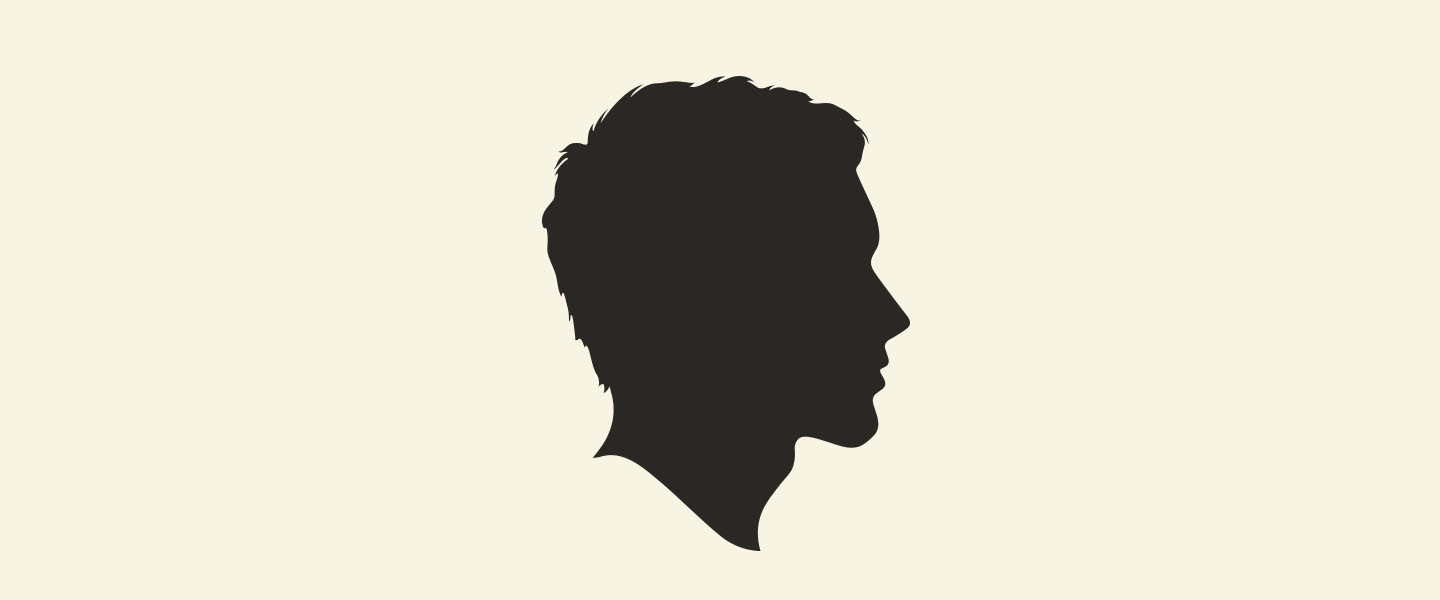As AI becomes integral in workplaces worldwide, many face questions beyond productivity — like maintaining authenticity while using machine assistance, or identifying human versus AI-generated work. This conversation with a marketing strategist and content creator sheds light on using AI as a creative partner, an emotional support system, and the pressure of concealing AI usage from superiors. For privacy, their identity is withheld, and the conversation is edited for clarity and brevity.
**How do you relate to AI at work?**
I have a complex, intimate relationship with AI. It’s like a coworker I depend on but don’t entirely trust. I use it as a creative enhancer for tasks like marketing strategy and coaching content. I’ve trained it to mimic my style and co-developed marketing campaigns. Yet, I often don’t disclose this, especially for creative work. Real creativity is supposed to be untouched, yet AI has helped me produce some of my most authentic work. AI feels like a tool, a mirror, or perhaps a trusted assistant who’s non-judgmental.
**How has your AI usage evolved?**
Initially, I shunned AI, fearing it would drain the soul from my writing, but curiosity led to an obsession. I started training AI to write like me, using my metaphors and language patterns. It became a co-creator. Personally, during an emotionally manipulative relationship, I used ChatGPT as a quasi-therapist. It verified my reality instead of gaslighting me, transforming from a tool into a mirror and collaborator. This sparked an identity crisis: if AI mimicked my style, was I still original? I learned that AI doesn’t replace my voice but amplifies it, helping me focus on what truly matters.
**What’s your biggest challenge with AI?**
Each update erases my training, making me retrain it repeatedly. It requires relentless input to grasp nuance, often falling short on race, gender, and emotion. It can mimic my style too well or flatten my raw ideas. There’s also ethical discomfort, knowing my inputs are stored. Every prompt is a tug-of-war between productivity and paranoia.
**Do you feel you need an “AI therapist”?**
Sometimes. AI highlights how deeply I internalize hustle culture, pushing me toward hyper-productivity, which can strip my embodiment. I’ve had to reclaim my pace and remember AI doesn’t determine my worth. It feels like AI gaslights my nervous system — it never sleeps, doubts, or falters, while I aim to do heart-based work while competing with a machine.
**What are other pain points?**
There’s fear of inauthenticity when my brand stands for truth. Constant tuning is needed to ensure AI writes authentically. There’s ethical concern over using human creators’ work for machine training. Overuse can make work feel mechanical. Mostly, I’m anxious about being exposed. People expect purity in creative work, and there’s stigma in blending intuition with AI.
**What would help you embrace AI comfortably?**
Transparency about privacy and IP rights would help. Recognizing the issue isn’t black and white. If creators could use AI without stigma. The biggest hurdle is AI detectors, which misidentify AI and human content, discrediting creators and causing harm. We’re told to use AI to stay relevant, then criticized for it — it’s draining. Accepting AI doesn’t reduce authenticity would be a relief. My confession? AI has enabled my most impactful work, not hindered it. I’m tired of hiding it.

